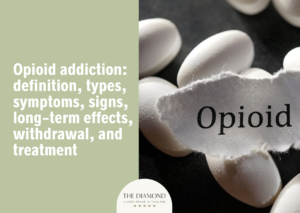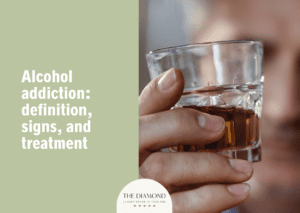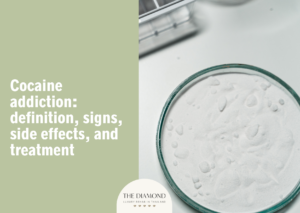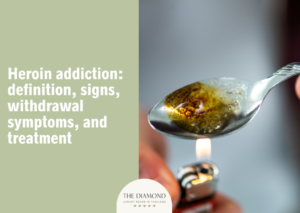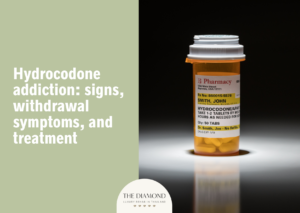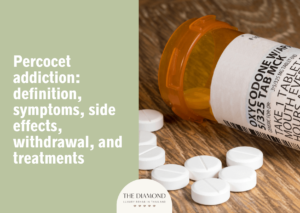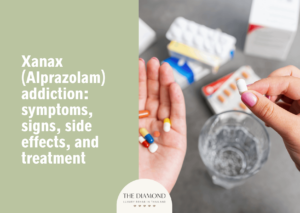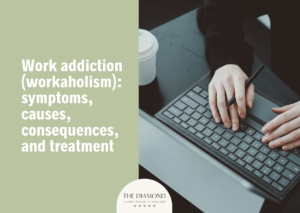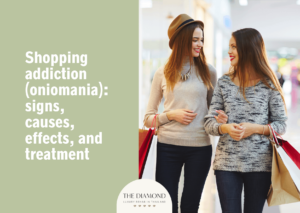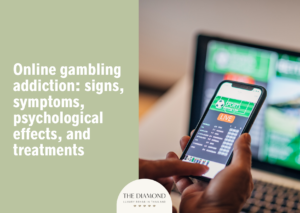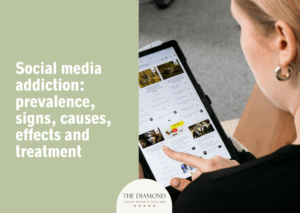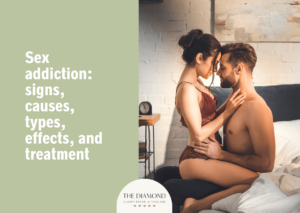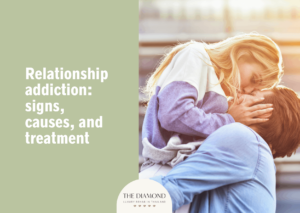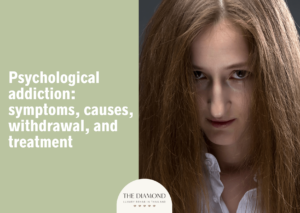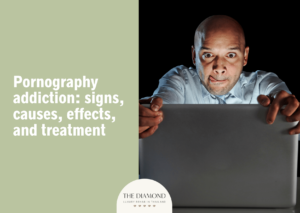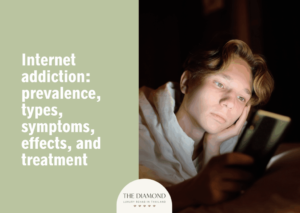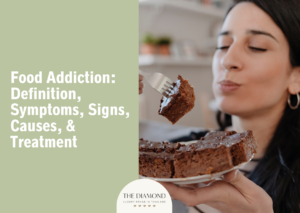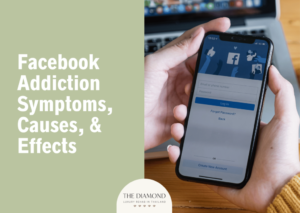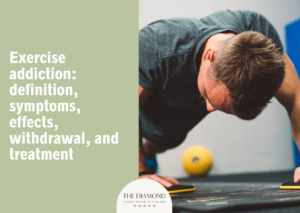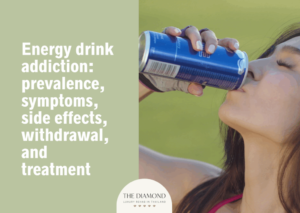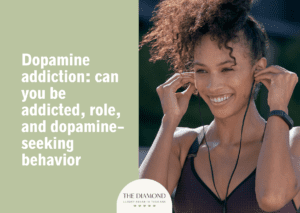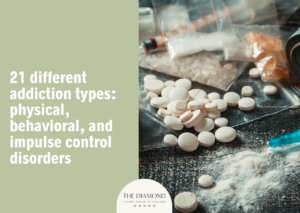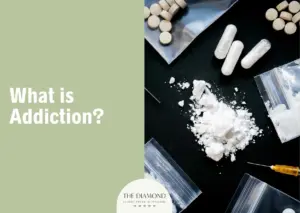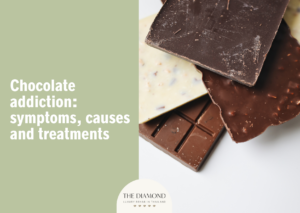Facebook addiction: symptoms, causes, negitive and harmful effects of Facebook obsession
Table of content
- What is Facebook addiction?
- What are the symptoms and signs of Facebook addiction?
- What are the causes of Facebook addiction?
- What are the effects of Facebook addiction?
- How to overcome Facebook addiction?
- What are the risk factors for Facebook addiction?
- How do you treat Facebook addiction?
- What other social media platforms can cause addiction?
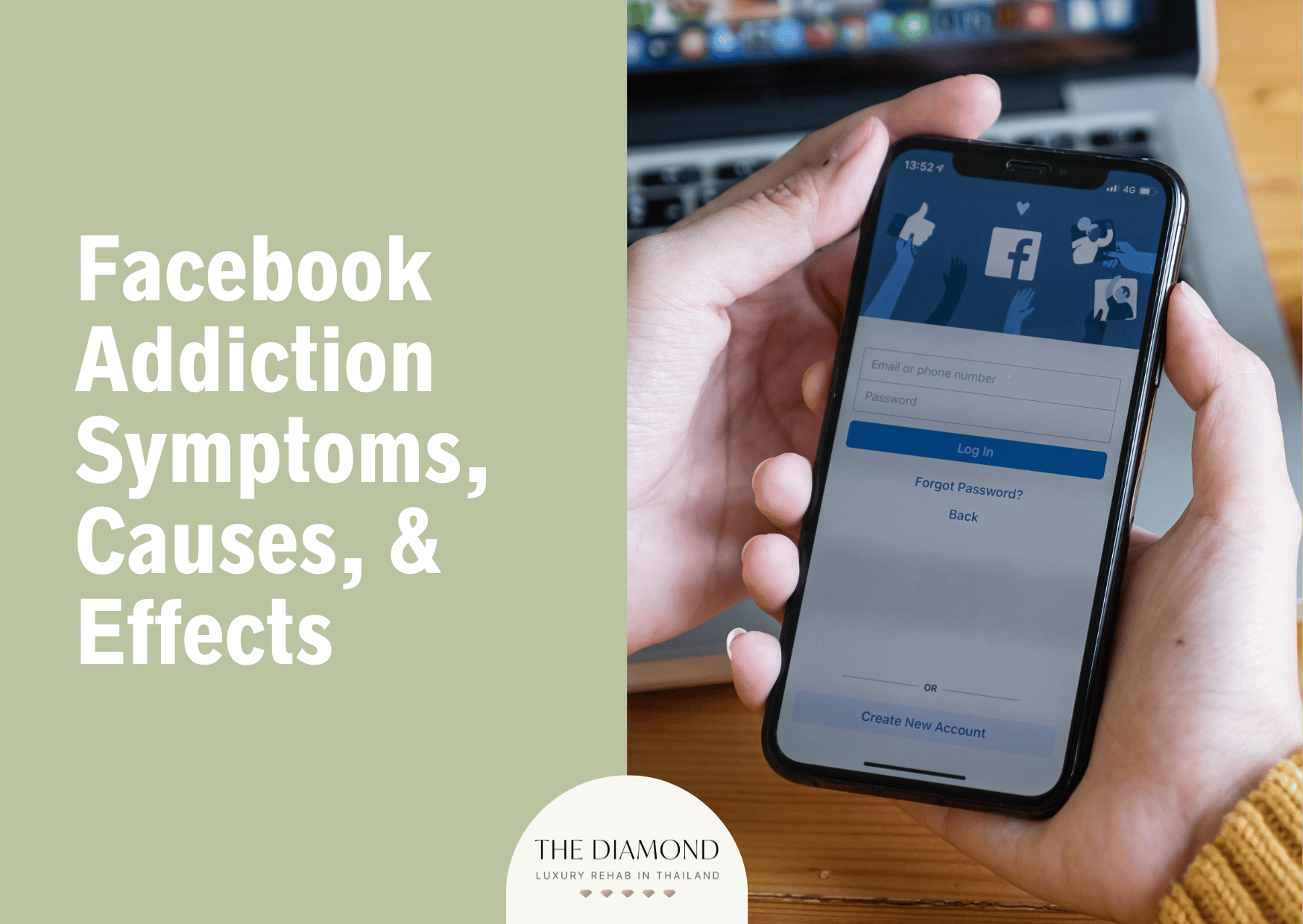
Facebook addiction is characterized by an excessive and compulsive usage of Facebook interfering with everyday life and obligations. Individuals with the addiction experience a preoccupation with Facebook, withdrawal symptoms when not using the platform, and an inability to control usage despite negative consequences.
The symptoms and signs of Facebook addiction are increased social anxiety, poor body image, excessive time spent on Facebook, preoccupation with Facebook, withdrawal symptoms, perfectionism, neglect of personal responsibilities, social isolation, disrupted sleep patterns, physical symptoms and taking a defensive stance when questioned about Facebook use.
The causes of Facebook addiction include biological causes like the brain’s reward and gratification circuits, psychological factors such as neuroticism, impulsivity, narcissism, shyness, and loneliness, and social or environmental causes like fear of missing out (FoMO) and a lack of family cohesiveness.
The effects of Facebook addiction involve physical effects, such as eye strain, headaches, neglect of self-care behaviors such as eating, urinating, and resting, and musculoskeletal problems, while psychological effects are perceived stress, anxiety, depression, eating disorders, and loneliness.
Short-term effects include increased distraction and reduced productivity, while long-term effects are obesity due to a sedentary lifestyle, as well as persistent anxiety, depression, and low self-esteem.
What is Facebook addiction?
Facebook addiction is a type of behavioral addiction associated with the compulsive use of Facebook regardless of the consequences. While not formally recognized as an addiction, it is a serious problem due to the widespread use of the social media platform.
A person with Facebook addiction spends most of their time on this platform and tends to use it as an escape mechanism from problems in real life. They use the site for excessive amounts of time, frequently at the expense of duties and in-person connections.
What are the symptoms and signs of Facebook addiction?

Symptoms and signs of Facebook addiction encompass various indicators that suggest an individual is excessively and compulsively using the social media platform. The symptoms and signs of Facebook addiction are listed below.
- Increased social anxiety: Rather than building confidence, heavy reliance on online interaction sometimes worsens feelings of nervousness during in-person exchanges. Virtual approval becomes a substitute for genuine relationships, making social gatherings feel more intimidating. People begin worrying about how they appear offline compared to the polished version presented online.
- Poor body image: Constant exposure to curated photos and idealized appearances triggers self-comparisons. Users begin questioning personal appearance, leading to feelings of inadequacy. Negative thoughts undermine confidence and create dissatisfaction with real-life appearance. The endless stream of perfected images amplifies insecurities instead of promoting self-acceptance.
- Excessive time spent on Facebook: Individuals with Facebook addiction (FA) spend an excessive amount of time on the platform, frequently losing track of time. This leads to neglect of personal, academic, or professional responsibilities as they prioritize their online activities. The prolonged engagement tends to replace face-to-face interactions and real-world activities.
- Preoccupation with Facebook: ffected individuals constantly think about Facebook, even during periods of non-use. Preoccupation disrupts the ability to concentrate on tasks and responsibilities. Daily schedules revolve around Facebook activity, showing a persistent struggle to mentally detach from the site.
- Withdrawal symptoms: When unable to access Facebook, addicted individuals experience irritability, restlessness, and anxiety. In fact, depression and anxiety are key psychological health factors that considerably contribute to Facebook addiction among college students, as per a 2013 study by Mustafa Koc and Seval Gulyagci published in Cyberpsychology, Behavior, and Social Networking. These withdrawal symptoms indicate a dependency on the platform for emotional stability and satisfaction.
- Perfectionism: Obsession with portraying a flawless life online encourages unrealistic expectations. Posts become carefully crafted to gain approval, leaving little room for authenticity. Pressure fosters anxiety whenever a photo or status fails to receive the hoped-for response. The endless pursuit of digital validation creates a demanding and unhealthy standard.
- Neglect of personal responsibilities: Addiction to Facebook leads to a significant decline in fulfilling personal responsibilities, such as work, school, or household duties. Individuals prioritize checking Facebook over completing essential tasks, resulting in poor performance or missed deadlines.
- Social isolation: Paradoxically, heavy Facebook use leads to social isolation, as individuals choose virtual interactions over real-life social engagements. Findings of a study by Bonsaksen et al., published in the January 2023 issue of Health Psychology and Behavioral Medicine revealed that those who relied on Facebook and other social media platforms to stay in touch with others reported higher levels of loneliness. This suggests that although social media makes it easier to connect with people, it isn’t always able to satisfy the more fundamental social needs that keep people from feeling lonely.
- Disrupted sleep patterns: Addiction to Facebook leads to disrupted sleep patterns, as individuals stay up late or wake up frequently to check the platform. The blue light emitted by screens interferes with the production of melatonin, making it harder to fall asleep.
- Physical symptoms: Prolonged Facebook usage results in physical symptoms and a sedentary lifestyle. A 2021 study by Hosen et al., published in Heliyon found that overuse of Facebook has been linked to a number of health problems, including headaches (15.4%), back and neck pain (28%), and deteriorating eyesight (71.2%).
- Taking a defensive stance when questioned about Facebook use: Individuals usually respond with denial or justification if someone points out heavy use. Confrontations feel threatening because such moments expose an uncomfortable truth. The reaction signals resistance to change and highlights the depth of the issue.
What are the causes of Facebook addiction?
Causes of Facebook addiction describe the underlying elements driving unregulated engagement with the social networking site. The causes of Facebook addiction are listed below.
- Biological causes: One of the biological reasons behind users becoming addicted to Facebook is because when people receive social feedback like likes or comments, the brain’s reward system releases dopamine. According to a January 2025 study by De et al., titled “Social Media Algorithms and Teen Addiction: Neurophysiological Impact and Ethical Considerations,” dopamine is intrinsically linked to the “uncontrollable urge” characterizing addiction, since platforms employ notifications and infinite feeds to stimulate reward-seeking behaviors.
- Psychological causes: Individuals with elevated neuroticism experience mood instability, increasing susceptibility to compulsive social media use for emotional regulation. A number of psychological vulnerabilities and personality traits, such as shyness, impulsivity, narcissism, and loneliness, are significant contributors to FA, according to a 2022 article by Thipparapu Rajesh and B. Rangaiah, titled “Relationship between personality traits and facebook addiction: A meta-analysis.”
- Social or environmental causes: Social and environmental causes of facebook addiction often stem from social pressure to remain constantly connected and responsive. FoMO, or the fear of missing out, intensifies this behavior, prompting users to stay updated on peers’ activities and trending content. Lack of family cohesiveness additionally contributes to the development of internet addiction, including Facebook addiction. According to a 2019 article by Chung et al., titled “Personal Factors, Internet Characteristics, and Environmental Factors Contributing to Adolescent Internet Addiction: A Public Health Perspective,” when PC cafés and addictive content are easily accessible, adolescents who experience low family cohesion turn to online places for solace.
What are the effects of Facebook addiction?
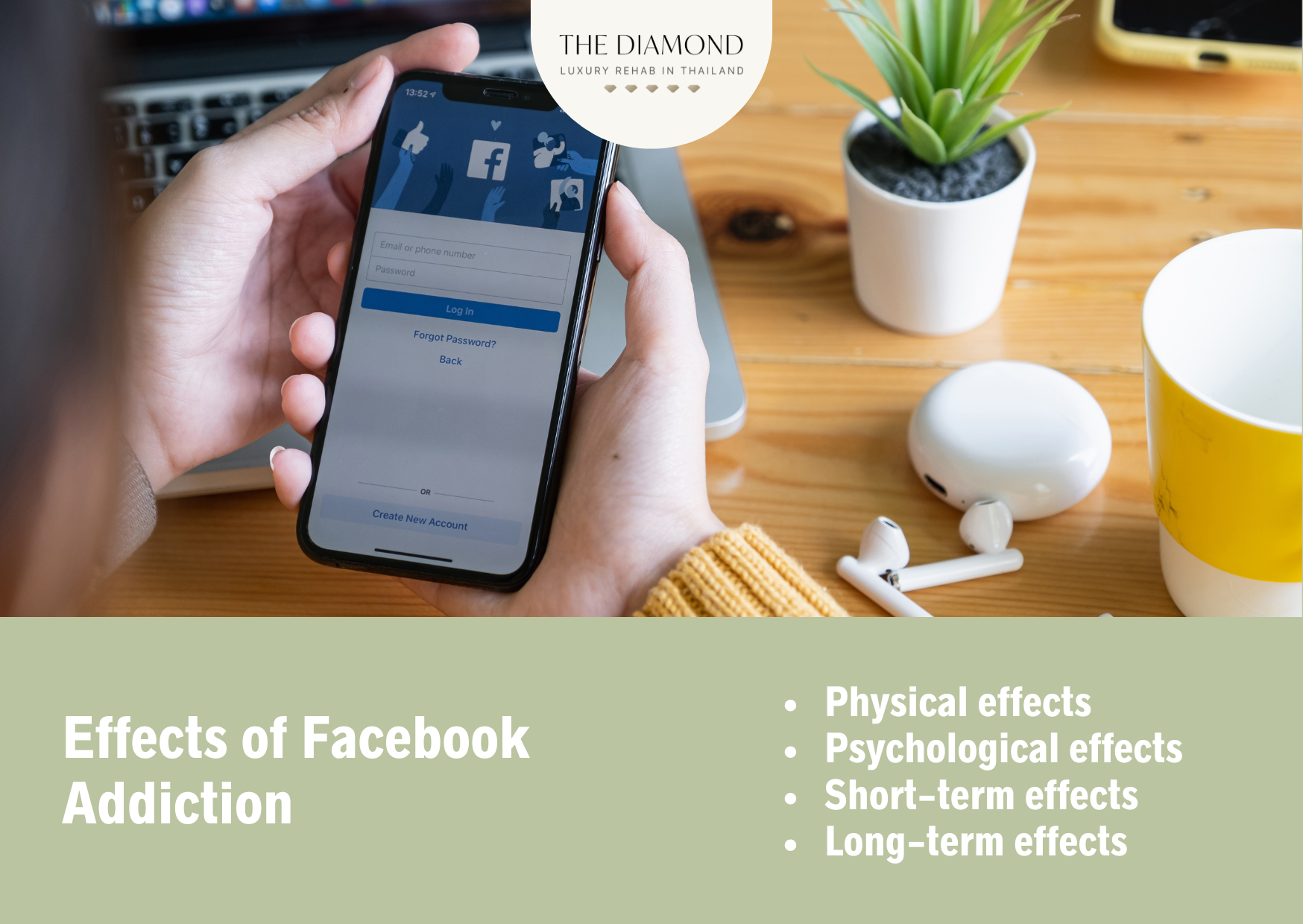
Effects of Facebook addiction are the consequences of unregulated use of the social media platform. The effects of Facebook addiction are listed below.
- Physical effects: Burning eyes (21%), disturbed sleep (19%), and headache (16%) were among the most prevalent adverse health consequences of Facebook use, as reported by Jha et al., in their 2016 study published in BMC Research Notes. In addition, results of a 2014 study by Kwaku Oppong Asante and Jacob Nyarko published in the Mediterranean Journal of Social Sciences revealed that Facebook users on a daily basis indicated a significant frequency of musculoskeletal problems: 75.0% reported shoulder discomfort, 63.0% reported back pain, and 61.1% claimed wrist pain.
- Psychological effects: Facebook use is associated with a plethora of psychological effects. In fact, a review by Stangl et al., published in the August 2023 issue of Frontiers in Psychology revealed that a total of 232 studies demonstrated the link between eight primary psychological consequences and Facebook use, including perceived stress, eating disorders, anxiety, depression, loneliness, perceived self-esteem, and life satisfaction.
- Short-term effects: The short-term effects of FA include increased distraction, poor study habits, and reduced productivity. Individuals spend an inordinate amount of time on the platform, often at the expense of completing important tasks. Immediate feelings of guilt or stress follow, with responsibilities left unfulfilled and real-world connections weakened due to prioritized online engagement.
- Long-term effects: Due to frequent social comparison and a dependence on online approval, major mental health problems like persistent anxiety, depression, and low self-esteem are among the long-term impacts of Facebook addiction. Relationships suffer as in-person interactions diminish over time, resulting in social isolation and weakening personal ties. Even more detrimental to health is the sedentary lifestyle that comes with spending too much time on Facebook, which leads to obesity and bad posture.
Is Facebook addiction good or bad?
Facebook addiction is bad due to the tendency of the condition to negatively impact multiple areas of life. The term addiction points to unhealthy and compulsive thoughts, activities, and behaviors. Facebook addiction, in such a scenario, describes the harmful and disproportionate engagement with the platform.
A March 2025 publication, titled “Most popular social networks worldwide as of February 2025, by number of monthly active users (in millions)” from Statista revealed over three billion people use Facebook every month
In a 2020 paper by Kowal et al., called “Reasons for Facebook Usage: Data From 46 Countries,” which comprised replies from 11,765 Facebook users from 46 countries, the mean age was 26.75 years, with 45% male (5,251 males) and 55% female (6,514 females) participants.
Several researchers have connected the use of social networking sites like Facebook to negative outcomes. According to a 2023 publication from the US Department of Health and Human Services, titled “Social Media and Youth Mental Health: The U.S. Surgeon General’s Advisory,” after controlling for baseline mental health status, a longitudinal cohort study of 6,595 adolescents in the United States between the ages of 12 and 15 revealed teens who used social media for more than three hours a day were twice as likely to experience negative mental health outcomes, such as anxiety and depression symptoms.
Students in the 8th and 10th grades currently use social media for an average of 3.5 hours every day as of 2021. A social media platform was introduced gradually across U.S. institutions as part of a novel natural experiment.
The roll-out of the platform was linked to a rise in anxiety (12% over baseline) and depression (9% over baseline) among college-aged individuals (n = 359,827 observations). The introduction of the social media platform likely contributed to over 300,000 new cases of depression, according to the study’s co-author, when applied to the overall U.S. college population.
The aforementioned article additionally touched upon certain benefits related to youth social media use, such as the capacity to make and preserve online friendships and build social networks.
Such relationships offer youth significant social support and the chance to engage positively with a wider range of peer groups than they usually have access to offline. The stress-reduction benefits of peer-provided online social support are particularly significant for marginalized youth, such as members of ethnic, racial, sexual, and gender minorities.
What are some of the warning signs of Facebook addiction?
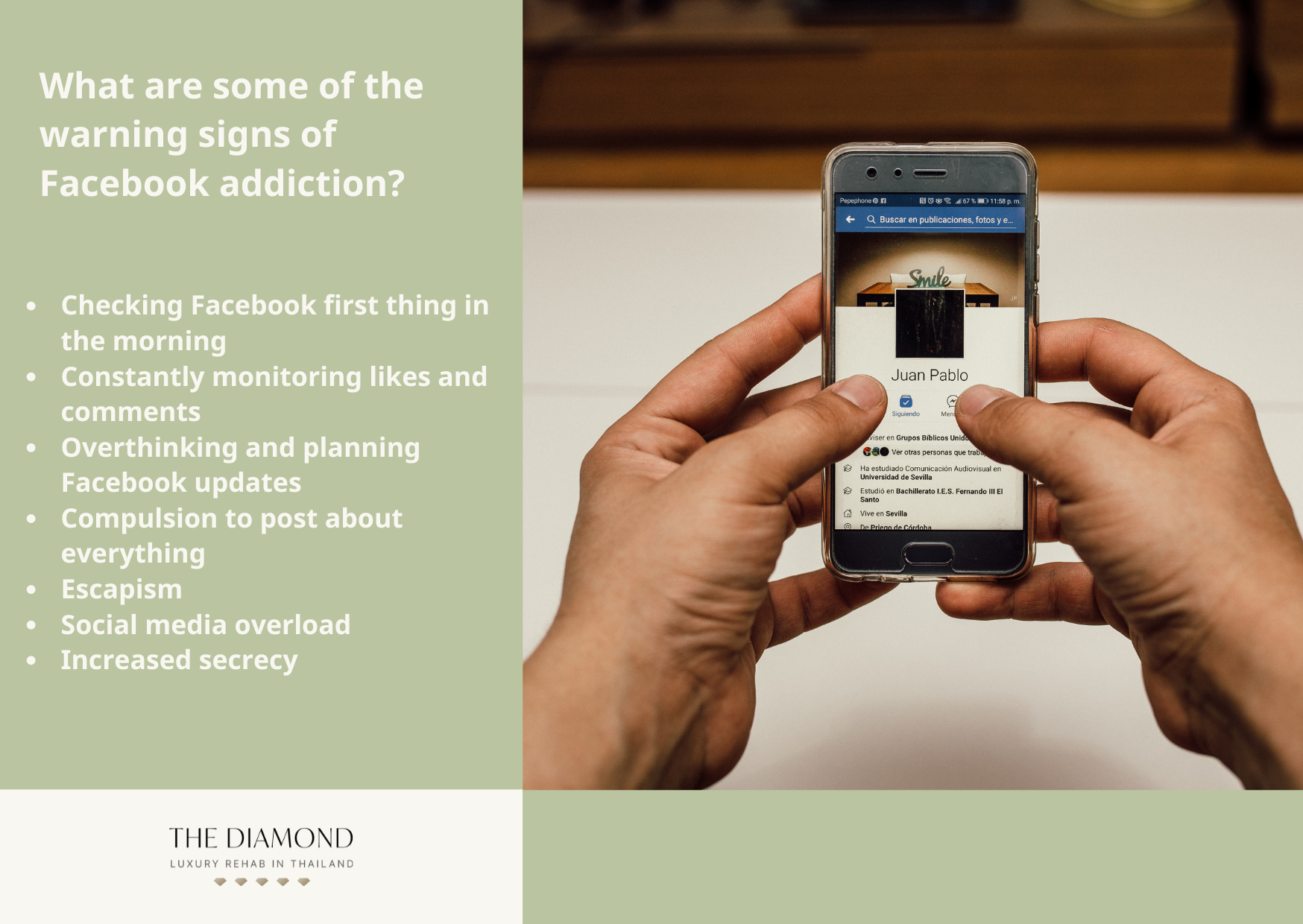
Warning signs of Facebook addiction refer to the early indicators that an individual is starting to develop an unhealthy and compulsive relationship with the social media platform. The warning signs of Facebook addiction are listed below.
- Checking Facebook first thing in the morning: Feeling compelled to check Facebook immediately upon waking up is a strong indicator of addiction. This behavior sets a tone of dependency for the rest of the day, leading to prioritizing Facebook over more important morning routines.
- Constantly monitoring likes and comments: Regularly checking for new likes or comments on posts demonstrates an unhealthy preoccupation with online validation. According to a 2023 research article by Chiara Brozzo and John Michael, titled “A sense of commitment to activity on Facebook: Evidence from a web-based paradigm,” users of Facebook grow socially committed from past interaction. Such commitment results in emotional pressure to remain active, fear of disappointing others, and possible psychological discomfort, therefore adding to problematic use.
- Overthinking and planning Facebook updates: Spending an inordinate amount of time overthinking and meticulously planning new Facebook updates reveals an obsession with curating an ideal online persona. Affected individuals focus more on how posts are perceived rather than sharing genuine experiences. Preoccupation with social media updates tends to consume significant mental energy and time.
- Compulsion to post about everything: A strong need to post updates about every aspect of the day reflects reliance on Facebook for validation and documentation. Such behavior reveals difficulty in experiencing events without the compulsion to share online. The focus shifts from being present to broadcasting experiences, resulting in a fragmented sense of daily life.
- Escapism: Turning to Facebook as a means to escape from real-life problems or emotions is a notable sign of addiction. In fact, according to a 2022 study by Jouhki et al., published in the International Journal of Environmental Research and Public Health, social media platforms such as Facebook are frequently employed for the purpose of escapism. Facebook serves as a diversion from anxieties, negative emotions, and issues in real life for a lot of people.
- Social media overload: Experiencing a constant need to be updated with every piece of news or activity on Facebook, leading to information overload, is a clear sign. Individuals feel overwhelmed by the sheer volume of content and updates, yet feel compelled to keep up with everything. This results in cognitive fatigue and increased stress levels.
- Increased secrecy: Exhibiting secretive behavior about the amount of time spent on Facebook or the activities engaged in on the platform is a warning sign. Individuals tend to lie or hide their usage from friends and family, indicating a recognition of their problematic behavior. This secrecy strains relationships and creates an atmosphere of mistrust.
How to overcome Facebook addiction?
To overcome Facebook addiction, it is crucial to exercise self-awareness, make adjustments to one’s behavior, and, if necessary, seek support. The first vital step is acknowledging the addiction and its negative consequences on day-to-day functioning. As an aid to screen time management, setting time limitations for Facebook use, such as particular intervals for checking the platform, is helpful.
Paying attention to emotions and feelings during Facebook use aids in the recovery process as well. Countless people use Facebook without realizing how it makes them feel. For example, certain individuals use the platform to improve their mood, but aren’t aware it makes them feel worse later on. With an understanding of how Facebook use affects emotions, it becomes easier to take a step back and reduce time spent on the app.
Practicing mindfulness and being present in real-world moments further diminish the desire to escape into the virtual realm. If self-regulation is challenging, seeking support from friends, family, or a professional therapist offers additional strategies and accountability.
What are the risk factors for Facebook addiction?
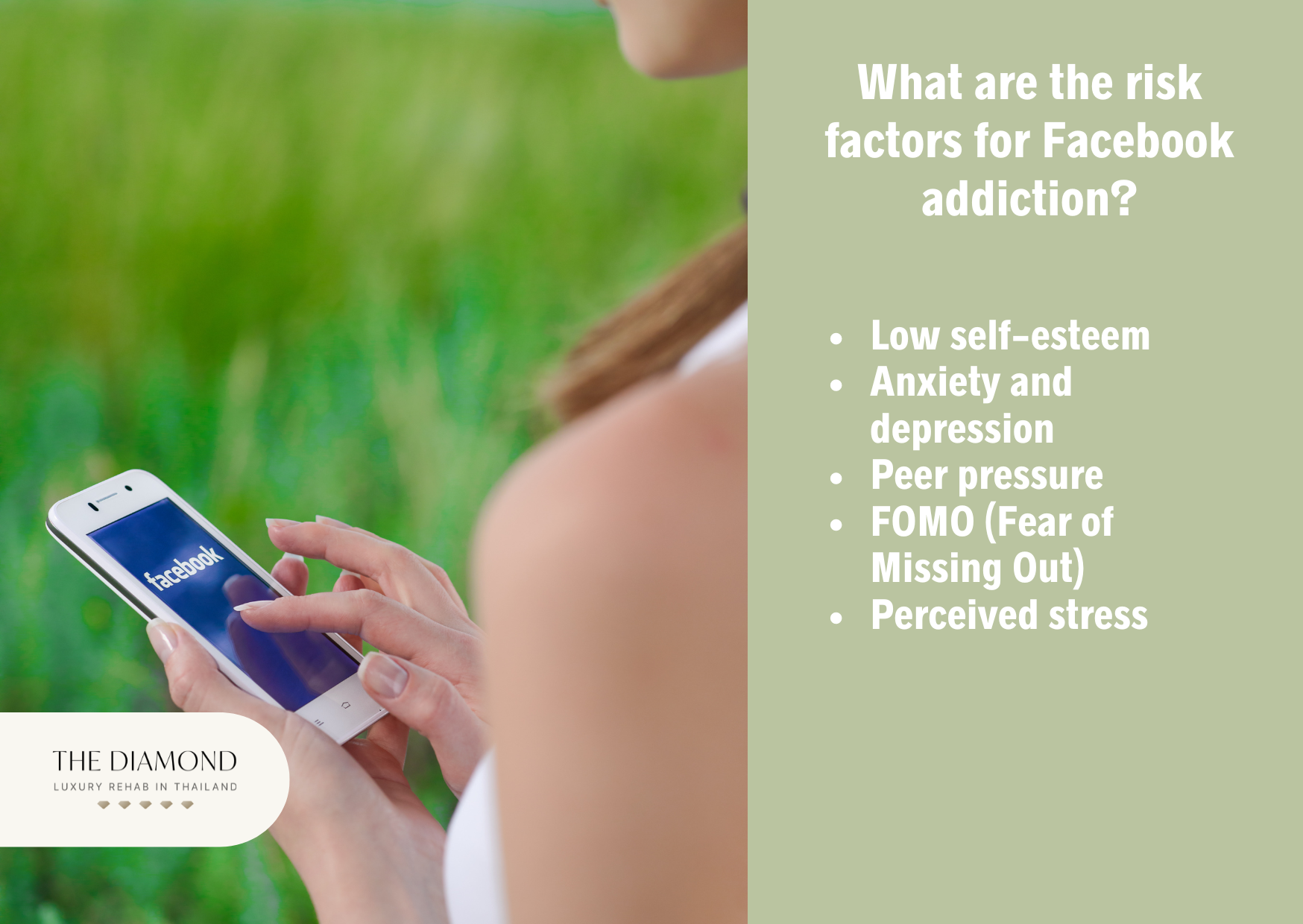
Risk factors for Facebook addiction refer to the array of circumstances and characteristics that heighten the probability of an individual developing an unhealthy reliance on the social media platform. The risk factors for Facebook addiction are listed below.
- Gender: Women tend to experience stronger pressure to maintain an idealized image, resulting in repeated checking of profiles and posts. Due to emotional and escapist motives, gender—more specifically, being female—was a significant risk factor for FA, a 2022 study by Troy Smith, titled “Facebook addiction user risk profiles among college students: Identification of subclasses of addictive behaviors characterized by demographics and covariates using latent profile analysis” revealed.
- Low self-esteem: Individuals with low self-esteem tends to seek validation and approval from others, often easily found through likes, comments, and shares on Facebook. Immediate feedback and a sense of social acceptance make the platform appealing to individuals struggling with self-worth. A 2023 paper by Colak et al., titled “Self-esteem and social media addiction level in adolescents: The mediating role of body image” found the degree of social media addiction seemed to rise as self-esteem declined among participants. On the other hand, through processes like decreased offline social connection or increased comparison with others, a higher level of social media addiction led to a poorer sense of self-worth.
- Anxiety and depression: Anxiety and depression increase vulnerability to FA by driving individuals to seek comfort or distraction through online engagement. People experiencing depressive symptoms turn to the social network for temporary relief from emotional pain or isolation. Constant scrolling and interaction offer a short-lived sense of connection, reinforcing repeated use.
- Peer pressure: Peer pressure acts as a significant risk factor by encouraging constant engagement to match social norms and group expectations. Individuals feel obligated to stay connected, respond quickly, or post frequently to maintain social acceptance. The risk of being addicted to Facebook increases as a result of the pressure-induced fear of missing out. Constant comparison with the internet activities of others fuels obsessive behavior and increases digital dependency.
- FoMO (Fear of Missing Out): Fear of missing out (FoMO) creates a constant urge to stay updated on social events, trends, or interactions. Individuals experiencing FoMO check the site repeatedly to avoid feeling left out or disconnected. The behavior creates emotional dependence on the network and encourages compulsive scrolling. The impulse to stay updated all the time eventually breaks everyday routines and reinforces addictive behaviors.
- Perceived stress: Perceived stress, or the subjective feeling of being overwhelmed by life’s demands, drives individuals to seek relief and distraction through Facebook. The platform offers an escape from stressors and provides temporary relief from feelings of anxiety or pressure. A 2023 study by Karim et al., titled “Facebook addiction and its related factors among medical students; a cross- sectional study in Bangladesh” revealed in a survey of 720 medical students, 85.9% reported experiencing moderate to high levels of perceived stress. Individuals who experienced moderate perceived stress were approximately six times more susceptible to developing FA.
How do you treat Facebook addiction?
Facebook addiction is treated by utilizing cognitive behavioral therapy (CBT) and multilevel counseling, according to a 2017 article by Anindita Chakraborty, titled “Facebook Addiction: An Emerging Problem.”
Notably, no standardized or targeted therapies have been created specifically to address FA. However, researchers believed intervention techniques taken from internet addiction treatment protocols were appropriate in treating Facebook addiction.
Cognitive behavioral therapy (CBT) helps patients reframe negative thoughts and catastrophic thinking, like “everyone has better lives than I do.” Motivational interviewing helps people move through the phases of behavioral change in multilevel counseling.
The strategy additionally involves peers and family to build a network of supporting people. No medications have been specifically approved for FA. Still, pharmaceutical medicines are sometimes used to treat depression and other co-occurring psychiatric disorders.
Why is using Facebook addictive?
Using Facebook is addictive due to the activation of the brain’s reward center, where dopamine, a feel-good chemical, is released in response to social acceptance gained through likes and comments.
Facebook’s uses range from connecting people to sharing information and entertainment. Users follow news, explore trends or join live events while engaging with others through posts and groups. For businesses, the platform supports advertising, customer interaction and stronger brand visibility.
The advantages of Facebook include educational engagement through academic groups, online learning communities, and knowledge-sharing pages. The platform encourages creativity by offering a space for sharing art, writing, videos, and personal projects with a broad audience.
However, Facebook has disadvantages, including the potential for the dissemination of misinformation, privacy concerns, and the risk of cyberbullying. Furthermore, the negative effects on mental health and diminished productivity result from unrestricted use.
Facebook’s addictive nature arises from specific design features and the psychological responses triggered during use. A continuous flow of new content encourages prolonged engagement. Instant gratification from likes, comments, and shares activates the brain’s reward system, reinforcing frequent interaction with the network.
When is Facebook addiction counseling necessary?
Facebook addiction counseling is necessary once reducing or stopping excessive use proves challenging without external help. Developing dependence on Facebook and similar social media channels happens more easily than commonly assumed, much like patterns seen in substance abuse.
Counseling is additionally a suitable option when the idea of cutting back on Facebook use leads to distress and discomfort. Problematic engagement with Facebook signals the need for support, even without a fully developed addiction.
Scheduling a Facebook addiction counseling session becomes imperative once relationship problems arise from immoderate usage or time spent online begins to harm quality of life. Declining mental health linked to Facebook usage warrants professional support as well.
Addiction and problematic Facebook use tend to be challenging for certain individuals, but therapists help by creating plans to cut back, dealing with bad feelings associated with the site, and learning healthier ways to cope.
What are the symptoms of Facebook addiction withdrawal?
The symptoms of Facebook addiction withdrawal include irritability and mood swings, anxiety and depression, and insomnia. Additionally, a person going through withdrawal from Facebook addiction experiences cravings, fatigue, aches and pains, and nausea. It’s not uncommon for people to have headaches, diarrhea, restlessness, and difficulty breathing during withdrawal as well.
In other words, symptoms of Facebook addiction withdrawal are similar to withdrawal from other behavioral addictions and substance use disorders. Withdrawal is usually associated with drug or alcohol addiction, but these symptoms appear with other addictions too.
The intensity and duration of withdrawal symptoms depend on the severity of addiction to Facebook and the presence of other mental health problems.
What other social media platforms can cause addiction?
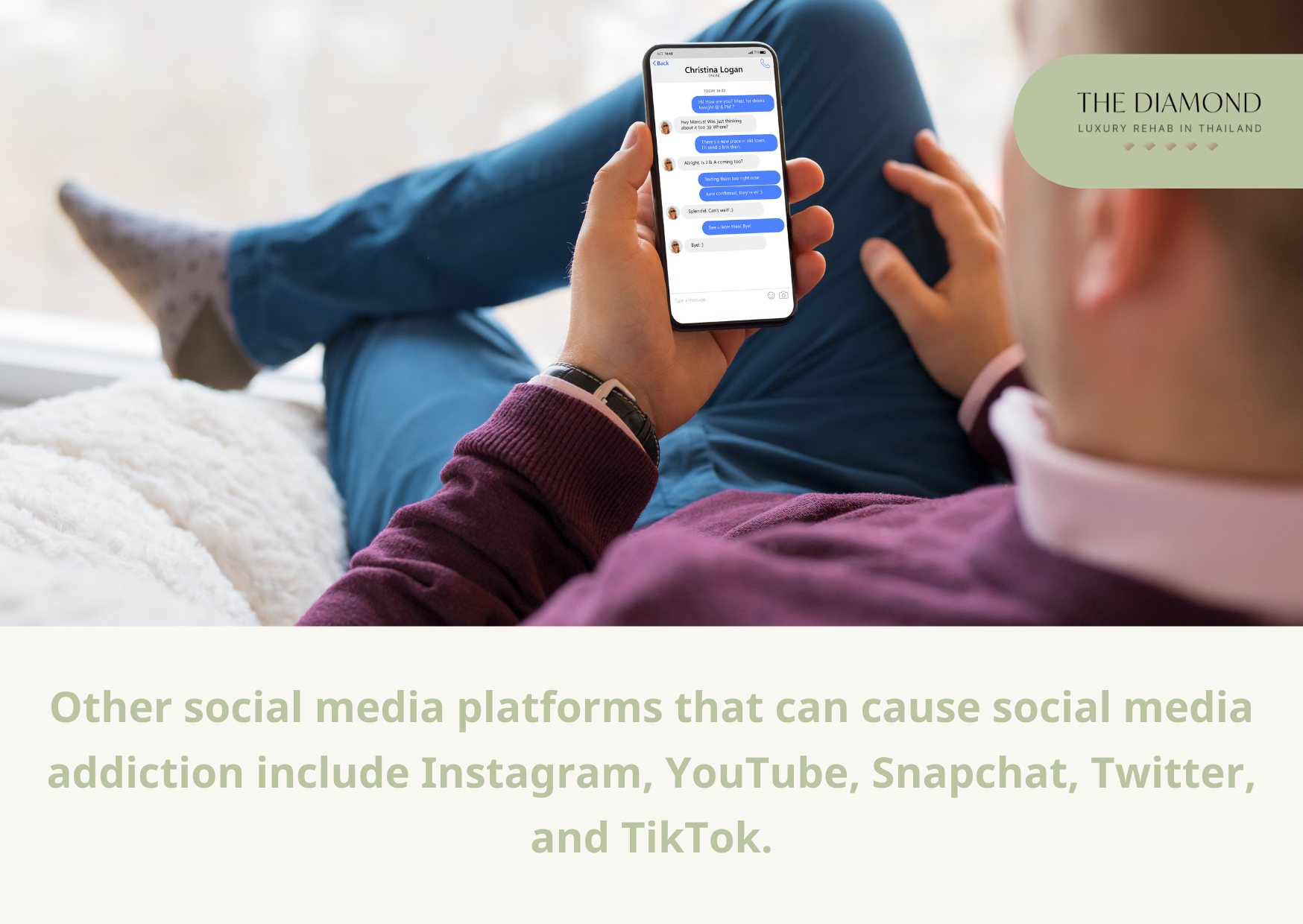
Other social media platforms that can cause addiction include Instagram, TikTok, Snapchat, X (formerly Twitter), and YouTube. Such digital spaces rely on features like endless scrolling, instant feedback, and algorithm-driven content to keep users engaged for extended periods.
Constant exposure to curated content and validation through likes and comments reinforces compulsive behavior, leading to social media addiction, a common form of technology addiction. The February 2025 publication, titled “Most popular social networks worldwide as of February 2025, by number of monthly active users (in millions)” published in Statista listed Facebook, Youtube, Instagram, WhatsApp, and TikTok as the top five global social networks.
With over one billion monthly active users each, Meta Platforms owns four of the largest social media platforms: Facebook (core platform), WhatsApp, Facebook Messenger, and Instagram.
Social networking sites are projected to reach 5.42 billion users by 2025, the report added; these numbers are still predicted to rise as mobile device use and mobile social networks progressively acquire momentum in once underserved regions.


